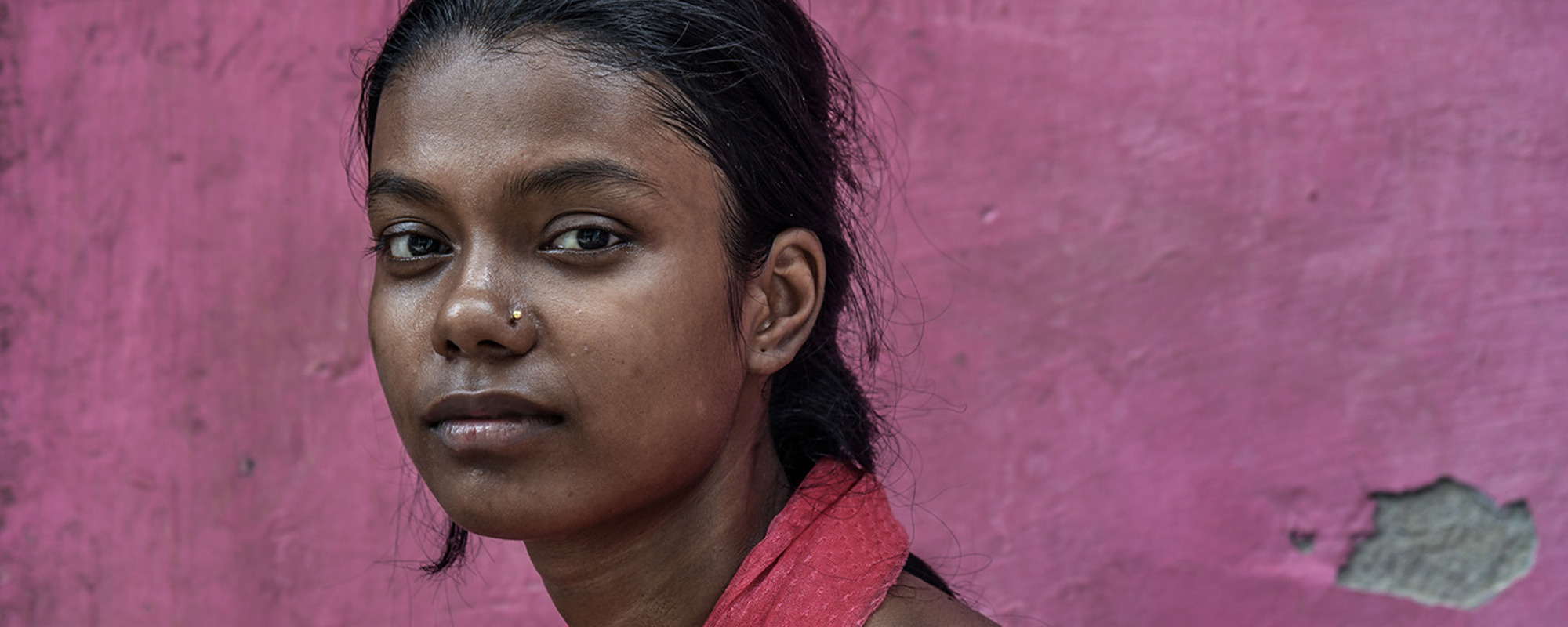

Whose Pandemic is it Anyway?
The furor about vaccine nationalism and sharing doses of Covid-19 overshadows a fundamental issue: What is an equitable definition of what counts as a pandemic? The use of that word isn't just semantics: it's about who we care lives or dies.
As high levels of vaccination coverage in high-income countries enable their citizens to gradually resume normal life, much of the focus in the capitals of G7 countries is shifting from fighting Covid-19 to preventing future pandemics. It makes sense for them to seize the moment to make themselves safer from future threats.
For the rest of the world, though, this looks disturbingly like the repeat of a previous pattern: Once a pandemic stops being an acute threat to life in high-income countries, the urgency drops, the focus shifts, and resource flows dwindle. This is what's happened with earlier pandemics, such as HIV and AIDS, and tuberculosis: Decisive action was taken to contain the threat to life in rich countries, but it was then allowed to linger in poorer, more vulnerable countries, killing millions.
This year's G7 meeting coincided with the 40th anniversary of the publication of the first cluster of cases of the disease that came to be known as AIDS. It's sobering to reflect that we've been fighting the last big pandemic for four decades, and that more than 34 million people have died of it. Tuberculosis, largely forgotten in high-income countries, still causes around 1.4 million deaths per year. It was the biggest infectious disease killer before Covid-19 emerged, and will likely retain that designation when Covid-19 fades away.
Yet despite the fact that HIV and AIDS, tuberculosis, and malaria still kill millions of people each year across multiple countries and regions, these diseases are no longer talked about as pandemics, but are generally called epidemics, or endemic diseases. These distinctions have disturbing implications: By epidemic we actually mean a pandemic that no longer kills people in rich countries. By endemic we actually mean a disease the world could get rid of but hasn't.
HIV and AIDS, tuberculosis, and malaria shouldn’t be labelled as "just" epidemics or endemic. They are pandemics that have been beaten in rich countries. Allowing them to persist elsewhere is a policy choice and a budgetary decision.
Low- and middle-income countries are now concerned that the same will happen with Covid-19. As people begin to talk of the new virus becoming endemic, I hear alarm bells ringing.
My concern is fueled by the array of proposals for new approaches and funding for pandemic preparedness and response from august bodies such as the Independent Panel for Pandemic Preparedness and Response, the Pandemic Preparedness Partnership, and the G20's High-Level Independent Panel. Will they mobilize massive new resources to protect against future infectious disease threats while leaving underfunded and unfinished the fight against Covid-19, HIV and AIDS, tuberculosis and malaria, polio, Ebola, hepatitis, and other threats in a very long list? Even worse, will they divert money from finishing off earlier pandemics to preventing new ones?
For all their focus on equitable access to tools to fight pandemics, these initiatives don't seem to grapple with this fundamental point: as long as a pandemic is defined as such only when it is killing people in rich countries, then pandemic preparedness and response is intrinsically inequitable. Equitable access to tools to fight pandemics is essential, but so too is equitable definition of what counts as a pandemic.
There is an alternative. Rather than focusing narrowly on future pathogens that represent potential threats to people in high-income countries, countries around the world could commit to protecting everyone, everywhere, from the deadliest infectious diseases as well as future yet-unseen pathogens. This is not just a moral imperative but practically and politically a far more effective approach. The capabilities to detect, prevent, and respond to future pathogens — disease surveillance, supply chains, surge manufacturing, and the like — are also those needed to fight existing pandemics. The best way to build and keep such capacities "warm" is to use them: exercised muscles are stronger than muscles left idle.
Moreover, most future threats are likely to emerge from the failure to respond effectively to current diseases. The more they are allowed to continue, the greater the threat they pose to everyone, as has become painfully obvious with Covid-19 variants and multi-drug resistant tuberculosis.
Reinforcing pandemic preparedness by turbocharging the fight against existing diseases will tackle the problem that has fatally undermined all previous efforts to galvanize global health security: how to sustain political attention and financing when success is measured in nothing happening. Saving lives while making us all safer is a much more compelling and thus sustainable proposition. It's also the right thing to do.
However rich we are and wherever we live, we share the same planet. Covid-19 should be a catalyst to a radical rethinking of approaches to shared global health. Rebranding old notions of global health security as pandemic preparedness and response isn't enough. In the same way that climate change demands a bolder, more inclusive global response, so too does the threat of pandemics.
Everyone, everywhere, should be protected from the deadliest infectious diseases, those we face today and those we will inevitably face tomorrow.
This op-ed was first published in STAT.







